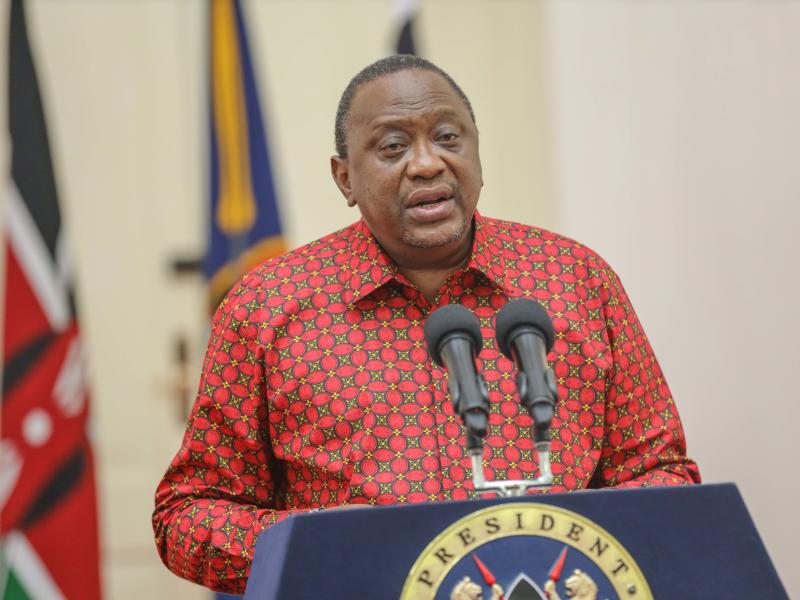×
The Standard e-Paper
Stay Informed, Even Offline

The name given to the documents leaked the other day, Pandora Papers, alluded to Greek mythology, arousing our curiosity and emotions. The presence of our president on the list made matters more interesting and Kenyan.
In a curious twist, President Uhuru Kenyatta responded and left us waiting for a more comprehensive response.